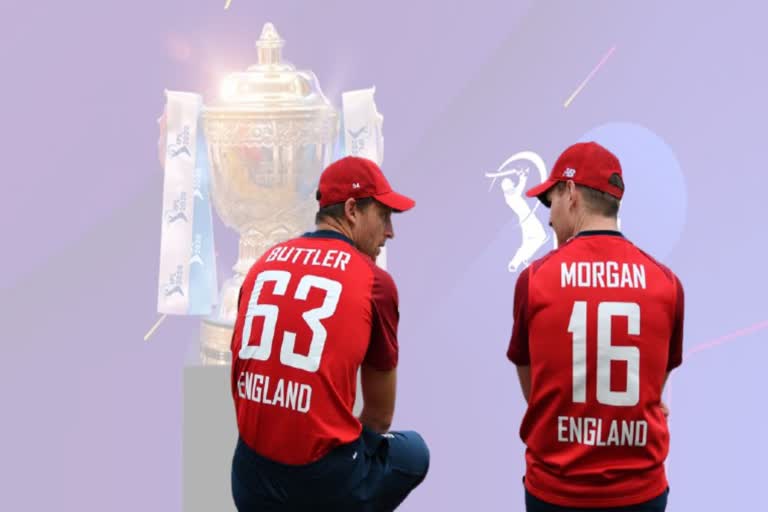Hyderabad: In 2015, the world of cricket came down to Australia and New Zealand for the ICC Cricket World Cup, the culmination of four years' preparations for the 50 overs cricket. It was the biggest cricket event on the calendar. It is the platform where a team excels, climbs to the top of the peak or restarts the process of rebuilding with eyes on the next extravaganza.
Down Under, one of the most beautiful places to enjoy cricket, wore a festive look, and it welcomed the world with its offerings - pleasant weather, lush green grounds, and the rules changed, once again, in favour of the batsmen.
Played eight years after the first WT20, this World Cup was a lot different from previous editions. Batsmen were discovering new avenues to score. They explored that one can play the 50-over game like a longer 20-over game. Double hundreds, once unimaginable, became the toast of the tournament with Chris Gayle and Martin Guptill taking bowlers to the cleaners. 400 became the new destination to reach for teams. Batsmen with a variety of strokes in stock made the most of the sporting pitches. Two batsmen piled on 500 plus, while four amassed more than 400. For fans, it was the optimum fun.
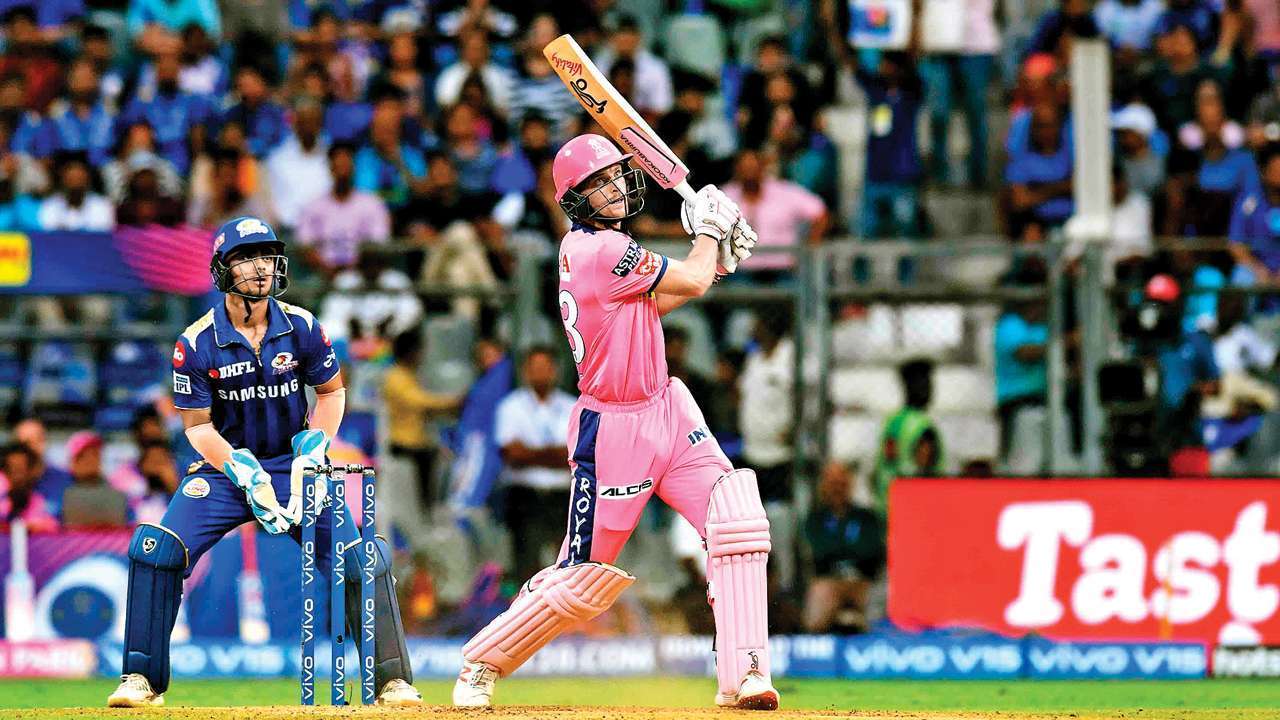
But of all the teams, one failed to ride on the trend of improvised cricket played with exotic shots. England, the birthplace of cricket, missed the bus. They hosted the first three editions of the World Cup almost by right. They were the innovator of Test cricket and played it like its pioneers.
Since they were the first team to play One-Day-International in 1971, England were expected to learn the tricks of 50 overs cricket long before their opponents. But when everyone was fast in adapting to the modern-day mannerism of the limited-overs cricket, England's approach to the format didn't change. They were playing in the same old fashion, and that was of Test cricket. Their style of playing was redundant in the twenty-first century. In the 2015 World Cup, their cricket reached the bottom deck when they crashed out from the group stage, losing to Bangladesh.
1992 was the last time England played the World Cup semifinals and final.
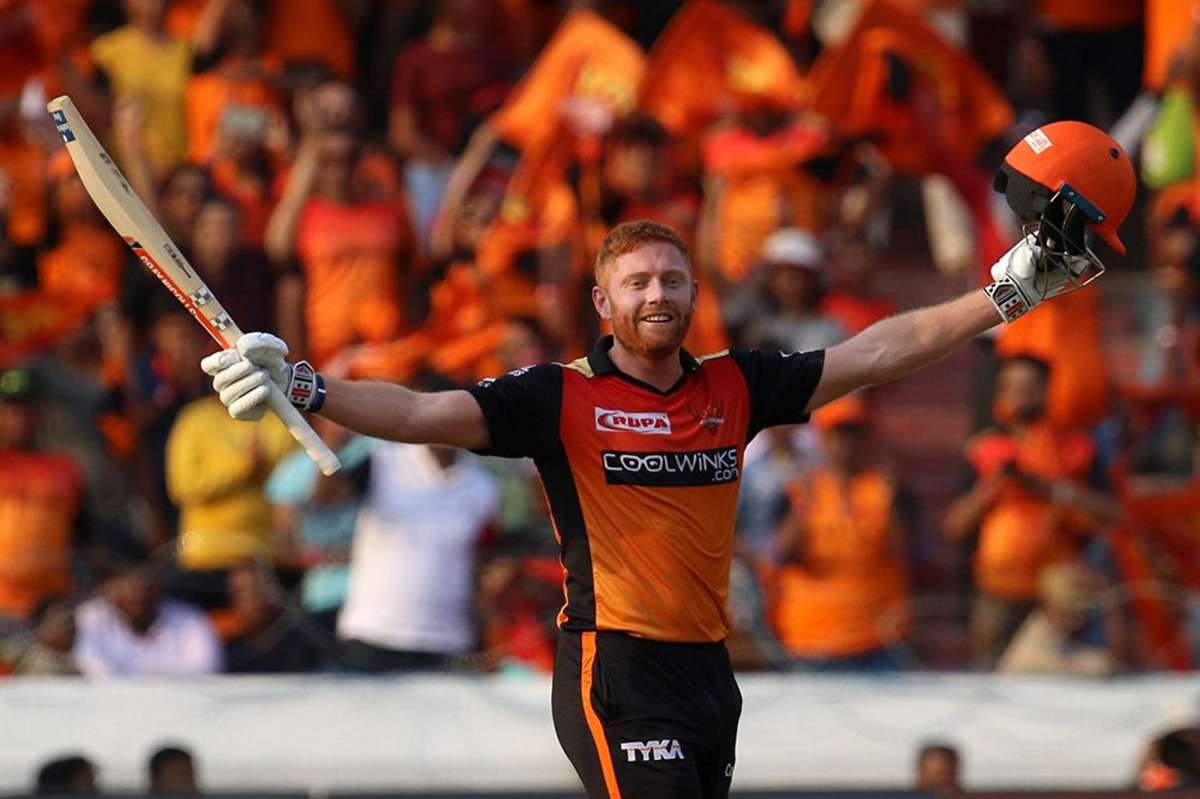
That below the belt performance of 2015 rocked the English cricket, it called for a complete overhaul of the archaic system. So, the English, who always believed theirs are the best, were shaken and forced to accept the truth. Former captain Andre Strauss came on board as Director of Cricket, ECB. He was young and contemporary in his outlook. Memories of his excellent performances in the 2011 World Cup were still fresh in his mind. He decided to lead the change and rebuild the new England around existing captain Eoin Morgan by freeing them from the rigid and obsolete ethics of ECB.
In one of their very first meetings, captain Morgan asked Strauss to give players the freedom to play in the Indian Premier League. He demanded something that was for years seen as a threat to the purity of the game. But Morgan has numbers with him to justify his demand. 36 of 44 players who played the semifinals in 2015 World Cup had had the experience of IPL. Six more would play in later years. Only one English man, Morgan, had the experience of playing IPL by that time.
Strauss went further by appointing a coach who had an enviable white-ball record. Trevor Bayliss mentored Kolkata Knight Riders and helped them to win the IPL twice. His appointment as England's chief coach acknowledged the changing environment at the St John's Wood Road office.
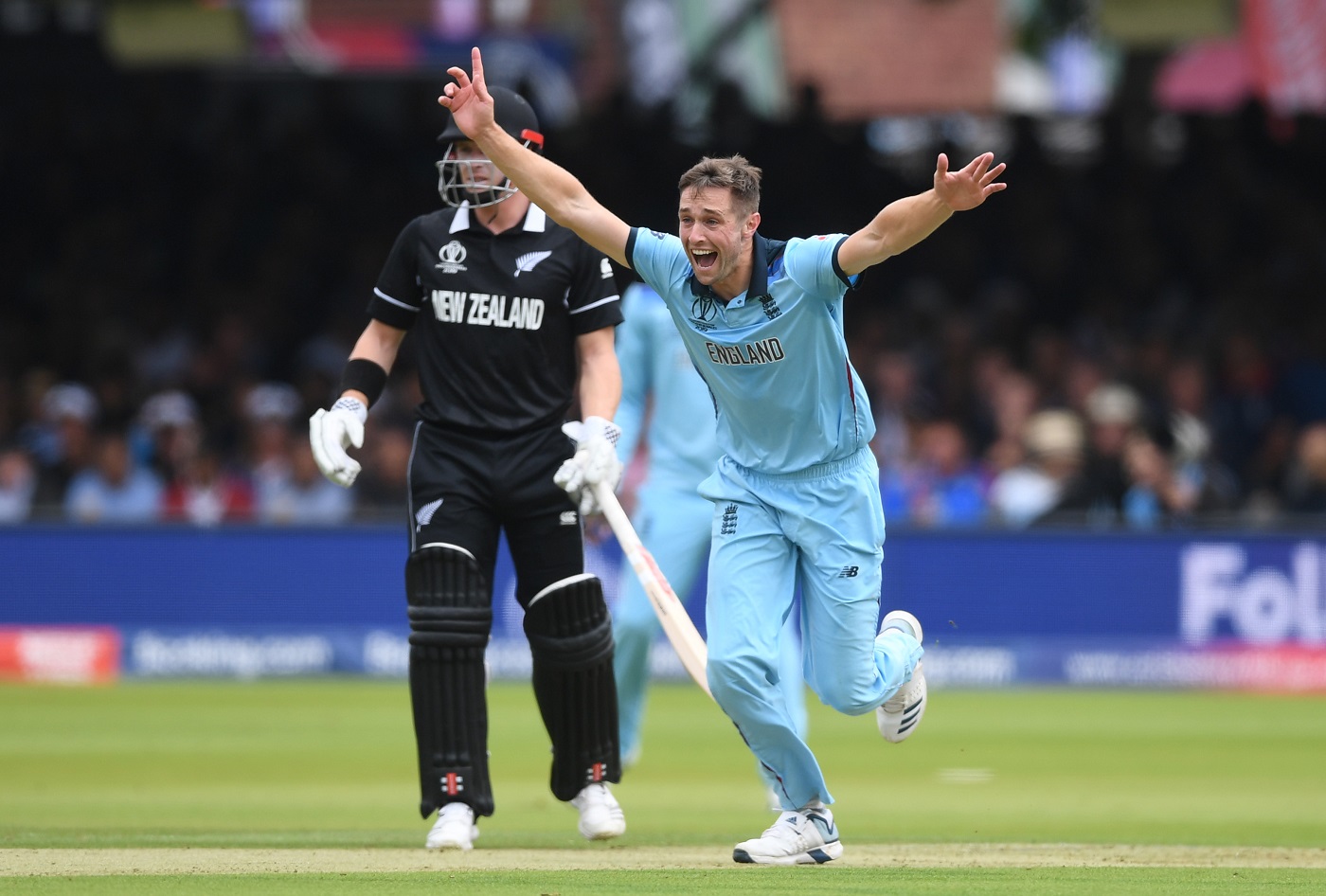
For years everyone would go to England to complete their cricket education. If you become successful in adapting to the swinging conditions where the ball seams and cool breezes challenge your technique, you will be considered successful. Rahul Dravid felt the same way after a season in 2000. Zaheer Khan climbed to a new height of his career after a season with Worcestershire in 2005. The likes of Don Bradman, Waugh brothers, Viv Richards, Brian Lara, Sachin Tendulkar and Imran Khan spent a considerable amount of time playing in England to hone their skills.
But now there is a paradigm shift in terms of learning cricket. Not county cricket, it is the IPL which attracts the attention of players from across the world. The lure of earning dollars in millions is just one aspect, but not the most important factor behind the influx of foreign players in India. As IPL brings together the best players from across the world, no one wants to miss the chance of playing with them, testing their skills and honing their game knowledge. As the tournament demands result, in any circumstances, players don't have a choice but to get themselves trained to deliver under sheer pressure. Gradually playing and delivering results under pressure resulted in a habit that helps them become their teams' most important players.
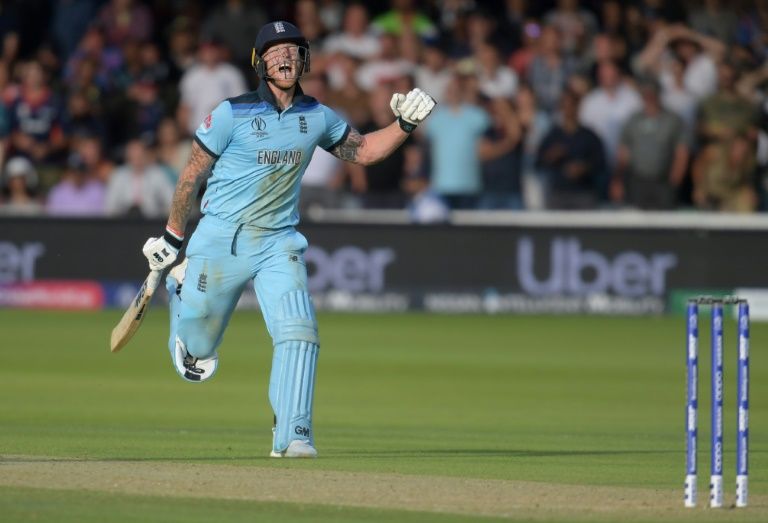
Ben Stokes, who was on the brink of becoming the world's best all-rounder, noticed the change in his teammate's Jos Buttler's batting. He followed Buttler and joined India's summer festival a season later. Within a couple of years, he became a different player and proved himself as England's best all-rounder.
The benefit of playing IPL was evident. England posted three 400 plus totals between 2016 and 2018, which was the most by any team in the same period.
Months before the 2019 World Cup, held in England and Wales, England were no more backbenchers of world cricket. In a change, they were setting trends of posting big totals, and their batsmen hitting maximum with brute power and bowlers bowling at an intimidating pace. Their cricket won the hearts of everyone cutting across the national identity as there was so much romanticism in it.
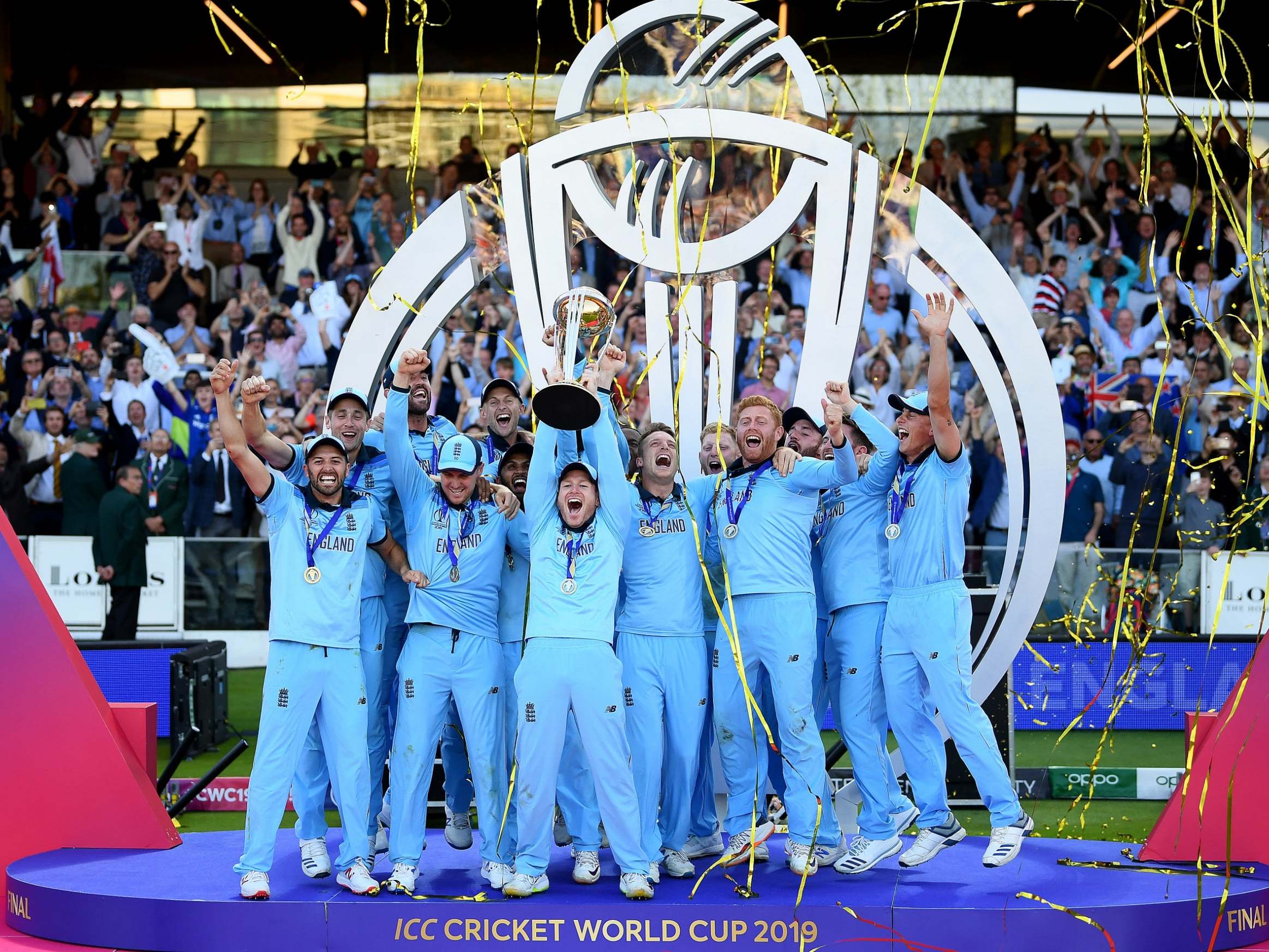
In IPL, scheduled ahead of the World Cup, Ben Stokes finished the league as the most impactful player for Rajasthan Royals. Jonny Bairstow became a phenomenon for his mind-boggling partnership with David Warner for Sunrisers Hyderabad. Jofra Archer and Buttler also produced magnificent performances for the Royals. Chris Waokes excelled for Kolkata Knight Riders. These players were key to England's historic maiden World Cup victory on July 14. Former England captain turned commentator Nasser Hussain soon after England's maiden World Cup win after a pulsating final at the Lords' said, Stokes may not have delivered the performance today, if he had not experienced that pressure in IPL.
Hussain's words were a befitting tribute to IPL for its contributions to the English cricket.
-- By Sudipta Biswas
